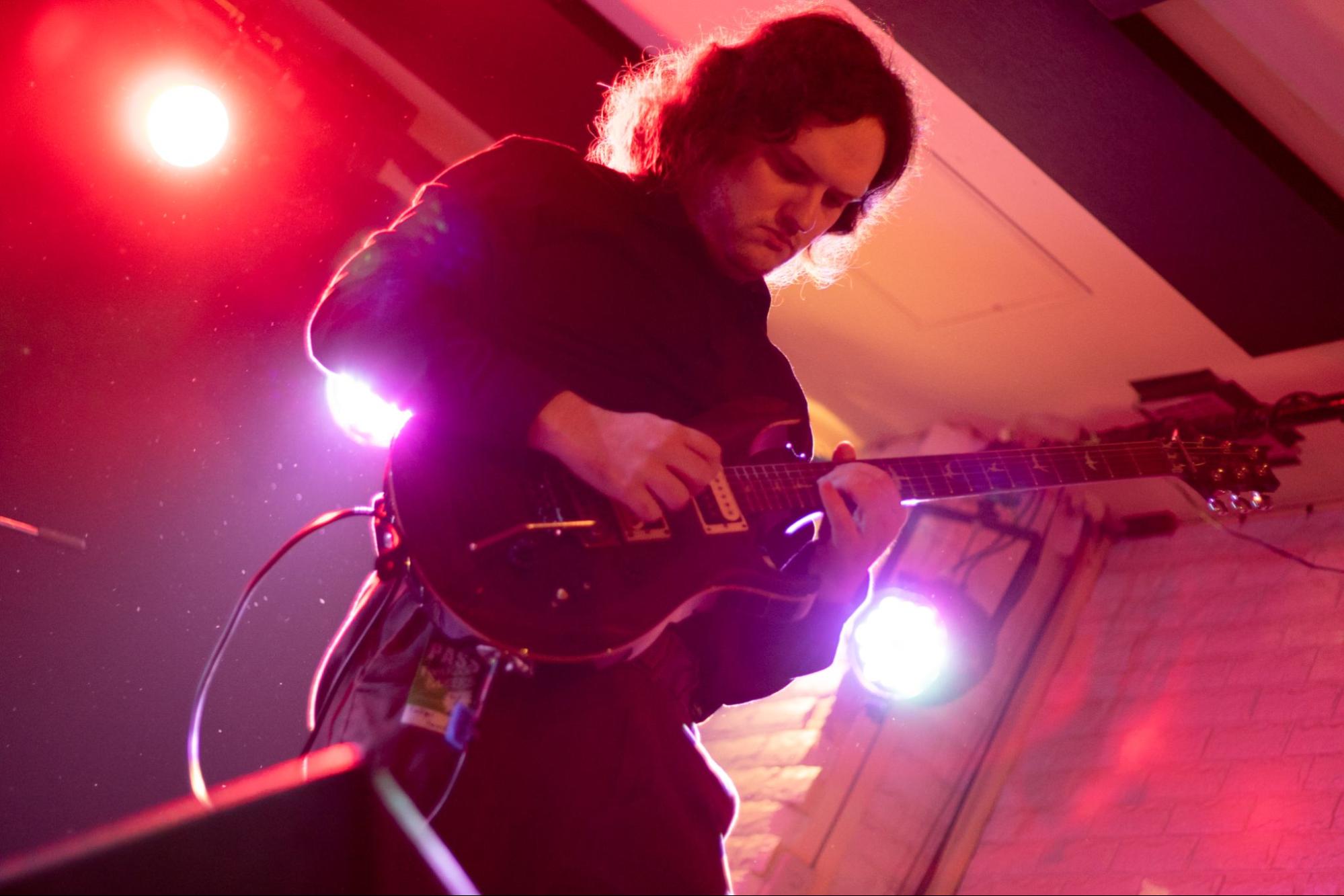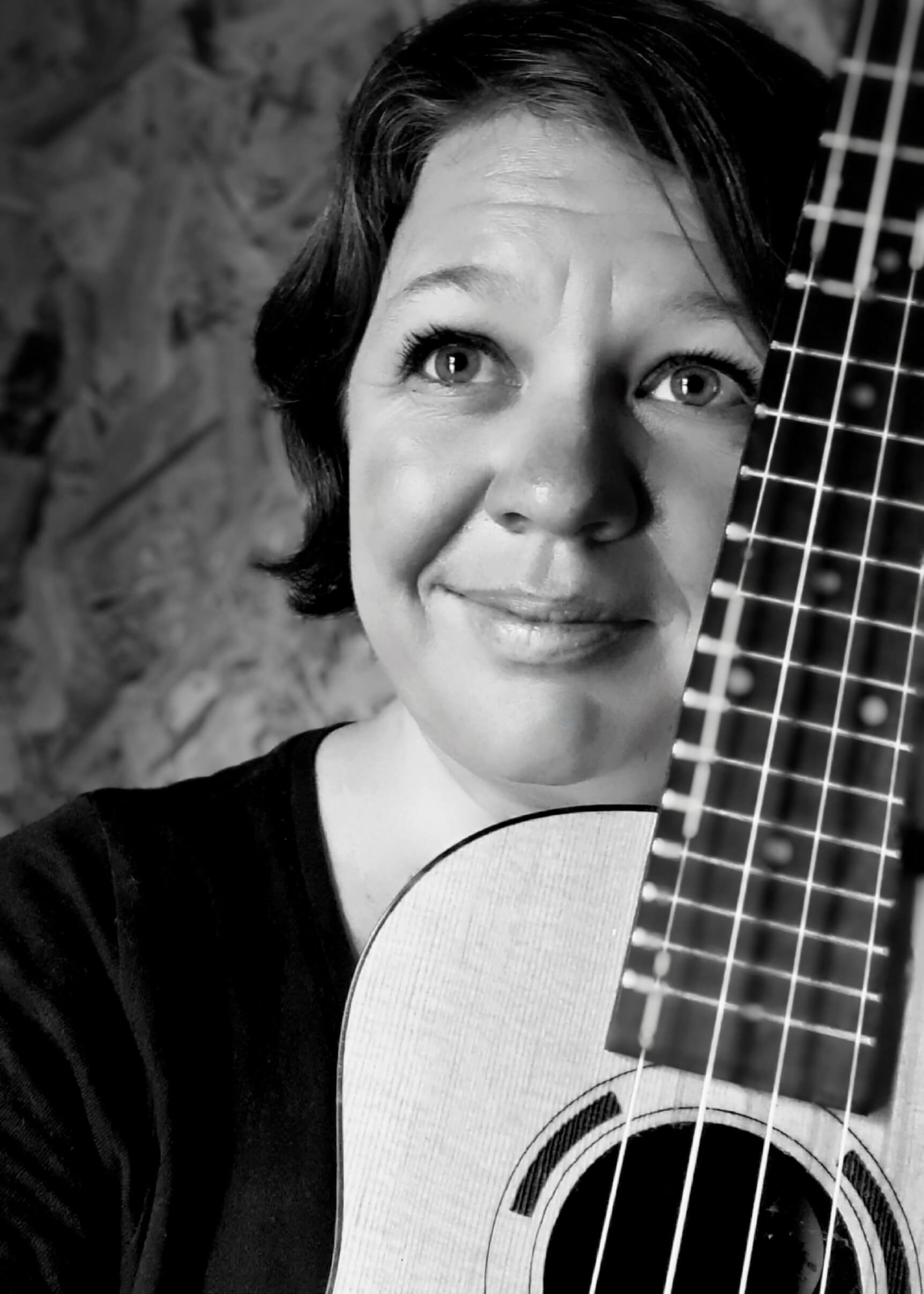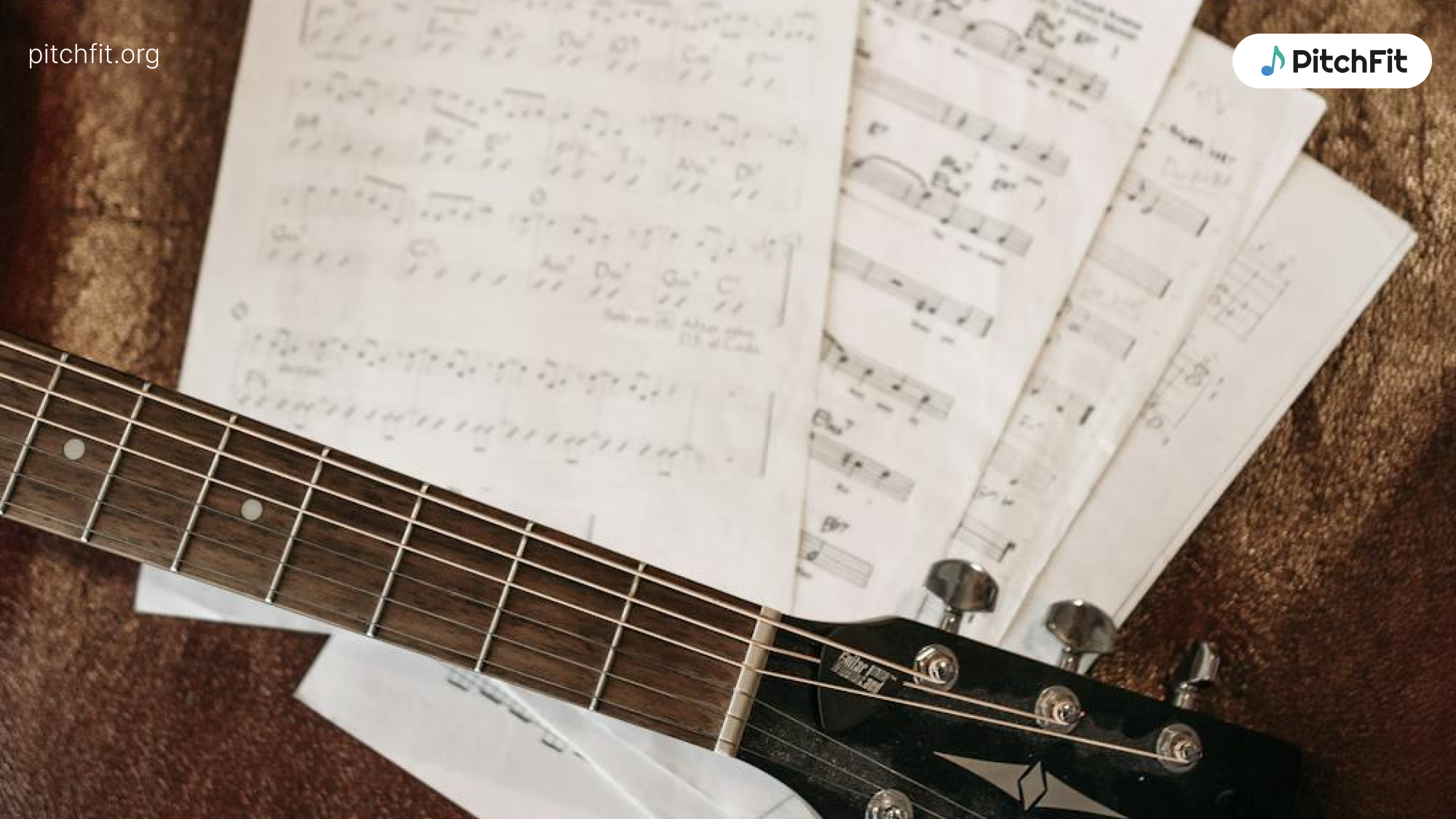Perfect pitch, also called absolute pitch (AP), is an exceptional skill in which someone can accurately identify or reproduce musical notes without needing a reference tone.
For example, if you played a note like C or F-sharp on a piano, a person with perfect pitch would immediately know which note it is, without looking at the keyboard, the score or comparing it to other sounds.
This ability is like someone instantly recognizing a color without having to see it next to others for context. While people with relative pitch need a reference note, such as hearing one key on a piano and then finding others based on it, people with perfect pitch can identify notes in isolation.
While this skill is rare in the general population, research suggests that people with autism spectrum disorder (ASD) are much more likely to have perfect pitch (Heaton et al 1998; Heaton et al 1999; Heaton 2003; Bonnel et al 2003; Rimland & Fein 1988).
According to Ockelford (2013), “children on the autism spectrum are around 500 times more likely to have highly developed absolute perceptual skills compared to the general Western population”. Furthermore, Dohn and colleagues (2012) found a significantly higher degree of autism traits in people with absolute pitch compared to people without absolute pitch, and that autism scores were correlated with pitch identification scores. These findings suggest that the way autistic people process sound is unique and possibly tied to their heightened focus on sensory details.
This article will explore the relationship between autism and perfect pitch by breaking down research studies and explaining how the autistic brain might be wired to develop this rare skill more easily.
Why Autistic People Hear Pitch More Accurately
One theory that explains why autistic individuals are more attuned to sound is the “Enhanced Perceptual Functioning” model (Mottron et al 2006; Bonnel et al 2010; Burack et al 2001). This model suggests that autistic people are naturally more focused on processing basic sensory information, like sounds and visual details, in their surroundings. For instance, when a microwave beeps, most people might hear the sound but not pay attention to its exact pitch. However, someone with autism might focus on the specific frequency of the beep and notice if there is even a slight difference from a previous beep.
This ability to concentrate a sound’s details gives autistic individuals an advantage when it comes to recognizing musical notes. For example, in a music class, a neurotypical student might not notice if a single note is slightly out of tune, but an autistic student might immediately recognize the issue and pinpoint the exact pitch. This heightened sensitivity extends beyond music—autistic individuals may also be more aware of subtle shifts in background noises or everyday sounds, such as the hum of an air conditioner or the clink of silverware, that others tend to ignore.
How the Brain Links Autism and Perfect Pitch
In 2019, a study by Dr Wenhart and colleagues, provided insight into the relation of perfect pitch, autistic traits, and functional brain connectivity. Both similar as well as different neural features were found between perfect pitch and autistic traits.
A musician with perfect pitch might hear a complex piece of music just once and immediately be able to replay it on the piano. Their brain seems to have a unique ability to lock onto the exact pitches and store that information, much like someone memorizing an image down to the finest detail. This level of focus and retention seems similar to how some autistic individuals can become deeply absorbed in specific sensory experiences, such as examining the fine texture of a fabric or observing patterns in a puzzle. Their brains seem to prioritize and intensify the processing of specific details, which likely explains why perfect pitch is more common among those with autistic traits.
Study Shows Autistic Children Detect Pitch Better
A 2014 study led by Dr Stanutz from the University of McGill in Canada, demonstrated just how finely tuned the hearing of autistic children can be, especially when it comes to pitch. The study involved 50 children, 7 to 13 years old, half of whom had autism. One of the tasks that the researchers used was to ask children to discriminate between two melodies whose only difference was a slight pitch change of one of the notes.
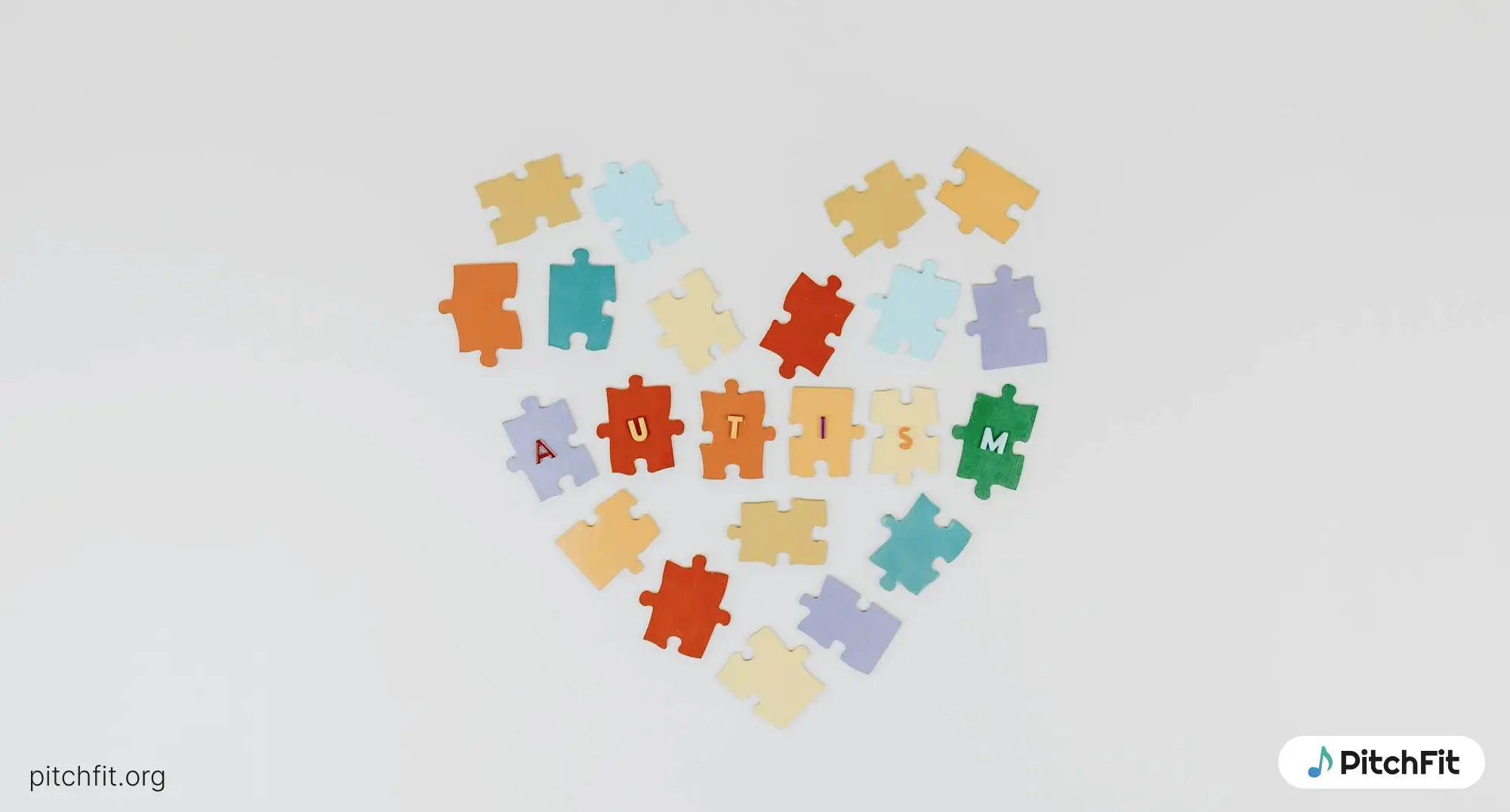
For example, the researchers might play the familiar tune "Twinkle, Twinkle, Little Star" twice but change the pitch of one note by just a tiny amount in the second version. While neurotypical children might not notice this subtle difference, the autistic children consistently identified the altered note, even when the change was as small as a fraction of a musical tone. This superior ability to detect tiny differences in pitch highlights how autistic people are particularly sensitive to sound details.
In everyday life, this means that an autistic person might quickly notice if a familiar sound, like the tone of a doorbell or the ring of a phone, changes slightly, even if others around them do not notice.
Autistic People Seem to Have a Greater Memory for Musical Notes
Another extraordinary ability often found in autistic individuals is their enhanced pitch memory, which allows them to remember specific musical notes over long periods of time. In a 2003 study by Professor Heaton, it was found that autistic children excelled in pitch memory tasks compared to their neurotypical peers. For instance, an autistic child might hear a note played on a piano and remember its exact pitch for hours or even days, while others might quickly forget it (Heaton et al 1998; Heaton 2003).
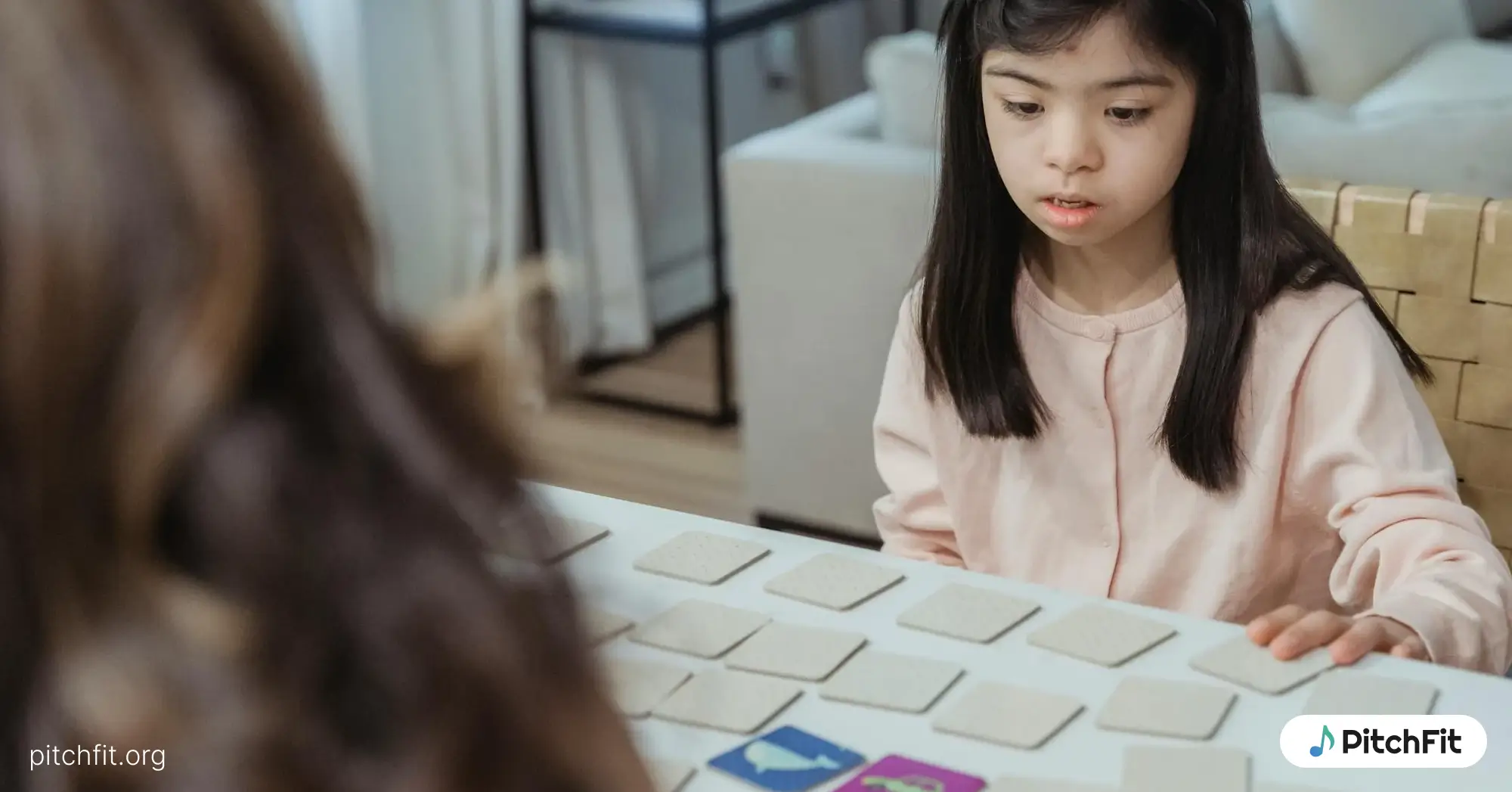
This remarkable pitch memory often manifests in real-world situations. For example, an autistic person might hear a song once and be able to reproduce it accurately on an instrument without needing sheet music.
Additionally, if a familiar song is played in a slightly different key, they could instantly detect the difference. This strong pitch memory gives many autistic individuals an advantage in music-related activities, such as playing by ear or identifying small inconsistencies in performances. They might also notice slight changes in an instrument’s pitch due to temperature or tuning shifts that others would not pick up on.
Does Focusing on Pitch Affects Language in Autistic People?
While heightened pitch perception can be a great advantage in music, it is unclear whether some autistic individuals may have difficulties when it comes to processing language.
Some studies have found links between language deficits and atypical auditory processing in autism spectrum disorder (Kjelgaard & Tager-Flusberg 2001; Järvinen-Pasley & Heaton 2007; Järvinen-Pasley et al. 2008), whereas others have not found such links (Mayer et al 2016).
One study that did find a link was by Eigsti and Fein (2013), who showed that while children with autism are excellent at detecting pitch, they often face delays in language development.
These children may be so focused on small sound details that they miss broader cues needed for understanding language. For instance, a child with autism might recognize when a note in a song is off-key but might not notice when someone’s voice indicates they are asking a question, which could lead to misunderstandings in conversation.
The Benefits and Challenges of Perfect Pitch in Autism
The connection between perfect pitch and autism offers valuable insights into how the autistic brain processes sound. Many autistic individuals possess the rare and impressive skill of perfect pitch, which likely allows them to excel in musical activities.
However, this talent comes with its own set of challenges, such as heightened sensitivity to sound, which can make loud or chaotic environments overwhelming. Additionally, further research is needed to determine whether their intense focus on sound details may sometimes interfere with language processing, making communication more difficult.
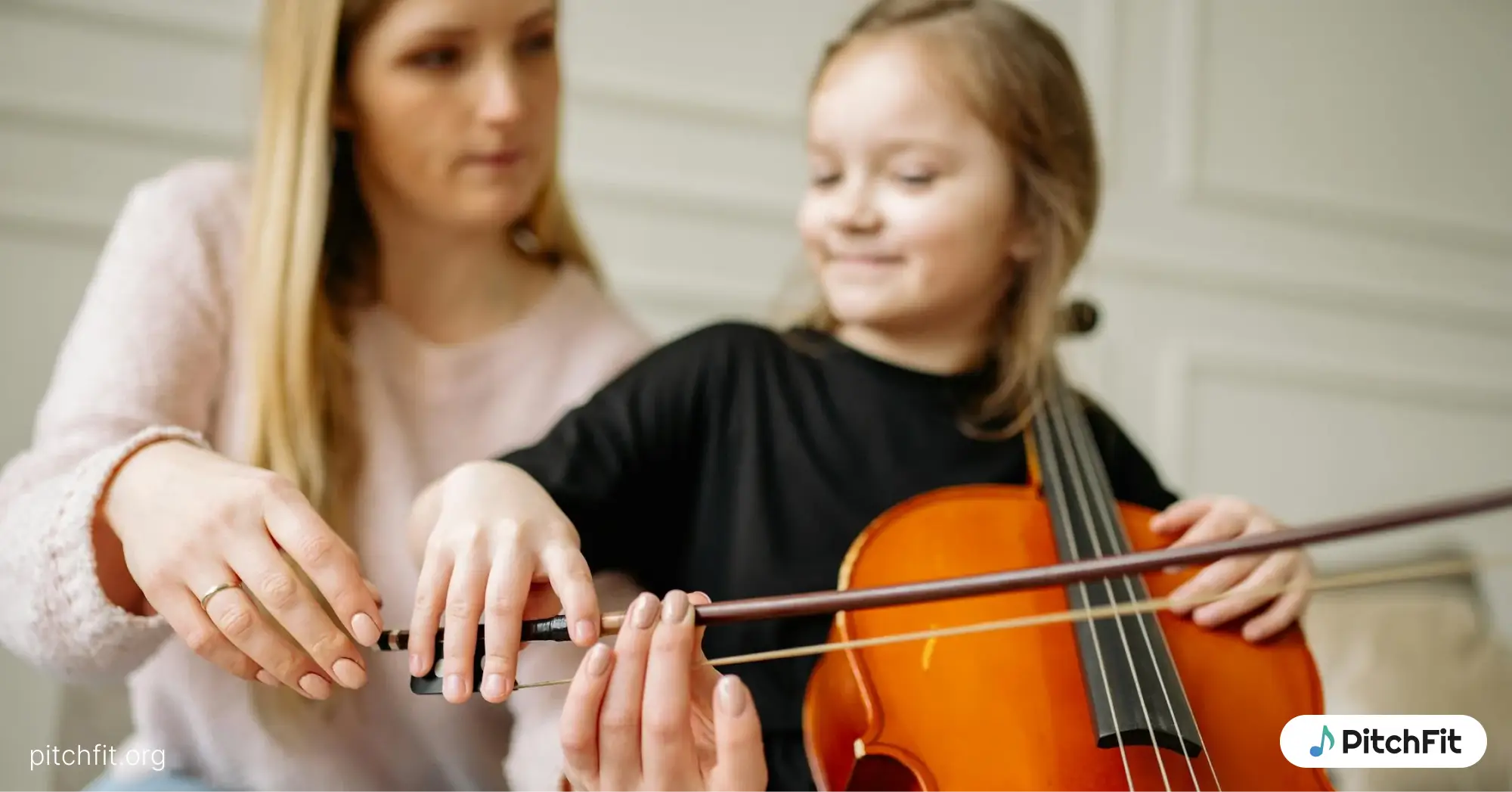
By studying the link between autism and perfect pitch, researchers, educators, and parents can gain a deeper understanding of how to support autistic individuals in both their strengths and their challenges, particularly in the realms of music and communication. Helping autistic people harness their unique abilities while addressing potential difficulties will enable them to thrive in both creative and social environments.


